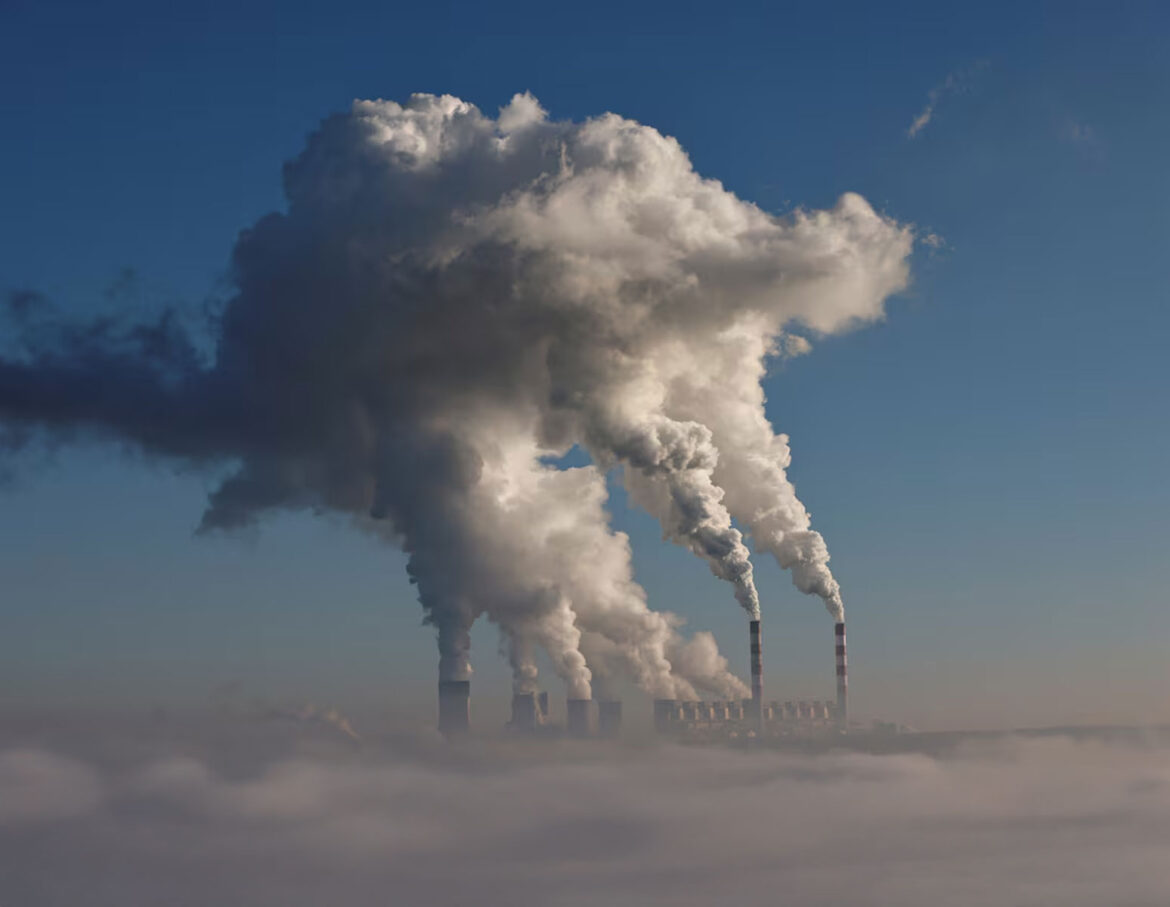Nearly all nations failed to meet a crucial UN deadline on Monday to submit updated targets for cutting carbon emissions, raising concerns about global commitment to tackling climate change. Despite being required under the Paris Agreement, only 10 out of nearly 200 countries turned in their fresh climate plans on time, according to a UN database.
Under the agreement, nations were expected to present new commitments to cut greenhouse gas emissions by 2035, along with detailed plans to achieve those reductions. However, major economies such as China, India, and the European Union were notably absent from the list of submissions.
A Sluggish Response Amid a Worsening Climate Crisis
UN climate chief Simon Stiell has called these updated pledges “the most important policy documents of this century.” Yet, most G20 nations failed to meet the deadline, with only the United States, Britain, and Brazil among the top economies submitting their targets on time. The U.S. pledge, however, remains largely symbolic, as it was made before former President Donald Trump withdrew the country from the Paris Agreement.
While missing the deadline carries no legal penalty, these targets—formally known as nationally determined contributions (NDCs)—serve as a key accountability measure to ensure nations are making serious efforts to combat climate change. Experts warn that the slow response could signal a backslide in climate action at a time when global emissions must nearly halve by 2030 to keep warming at safer levels.
Ebony Holland, a policy expert at the International Institute for Environment and Development, pointed to geopolitical tensions as a key reason for the weak turnout. “There are major shifts underway that are making international cooperation on big issues like climate change more challenging,” she said.
Major Players Delay, Poorest Nations Struggle
The European Union, typically a leader in climate policy, has been delayed by internal elections and is now expected to announce its collective target “well ahead” of the COP30 climate summit in November. Meanwhile, China—the world’s largest polluter and biggest investor in renewable energy—is expected to release its updated plan in the second half of 2025.
For many poorer nations, the problem is not a lack of commitment but resources. Evans Njewa, a Malawian diplomat and chair of the Least Developed Countries group, emphasized that many developing countries lack the financial and technical capacity to develop complex climate policies.
“Big emitters, whose historical and ongoing pollution has driven the climate crisis, must take responsibility and lead by example,” he said.
Urgent Calls for Action Before COP30
Countries have historically struggled to meet their climate pledge deadlines since the Paris Agreement was signed in 2015. UN officials are now urging nations to submit “first-rate” targets by September to allow for proper assessment before the COP30 climate summit in Belem, Brazil.
Environmental groups warn that further delays will only worsen the crisis. “The worsening climate crisis will not wait or pause its disastrous impact as nations delay their action plans,” said Tracy Carty from Greenpeace International.
While some analysts argue that it’s better for nations to submit well-developed plans rather than rushed ones, the overall concern is that delays could signal a lack of willingness to act.
“The perception matters,” said Linda Kalcher, executive director of the Strategic Perspectives think tank. “If too many countries delay, it gives the impression that they’re not serious about tackling the problem.”
With the climate crisis escalating, the world is watching to see if nations will step up before it’s too late.



